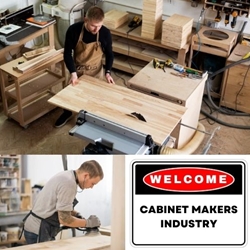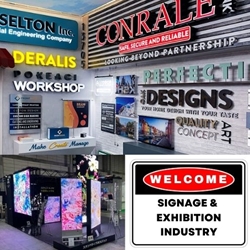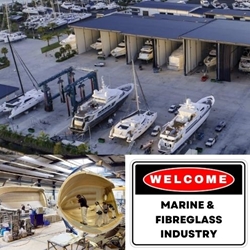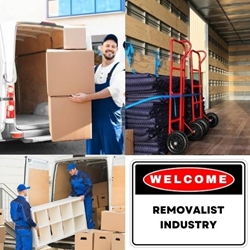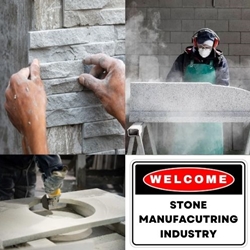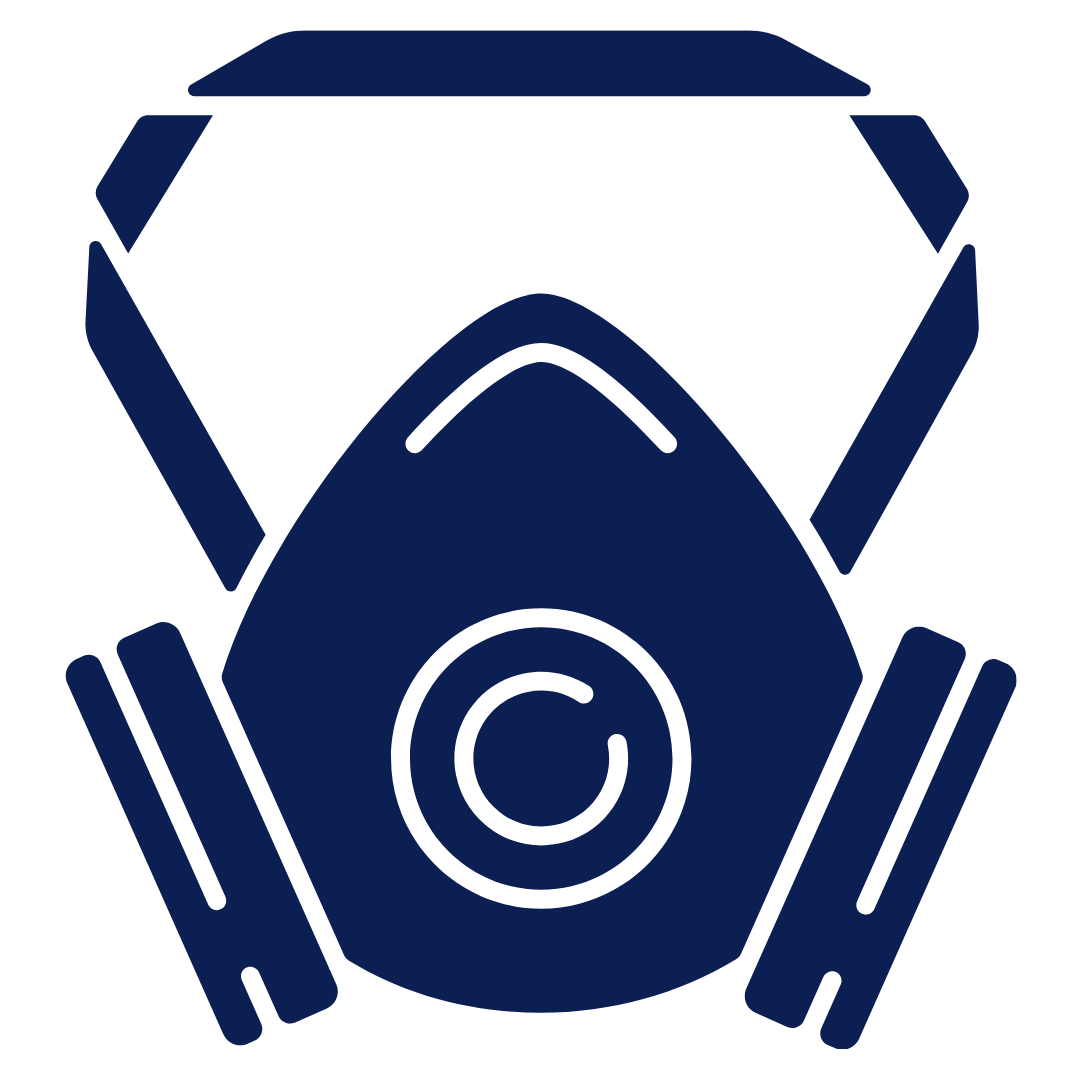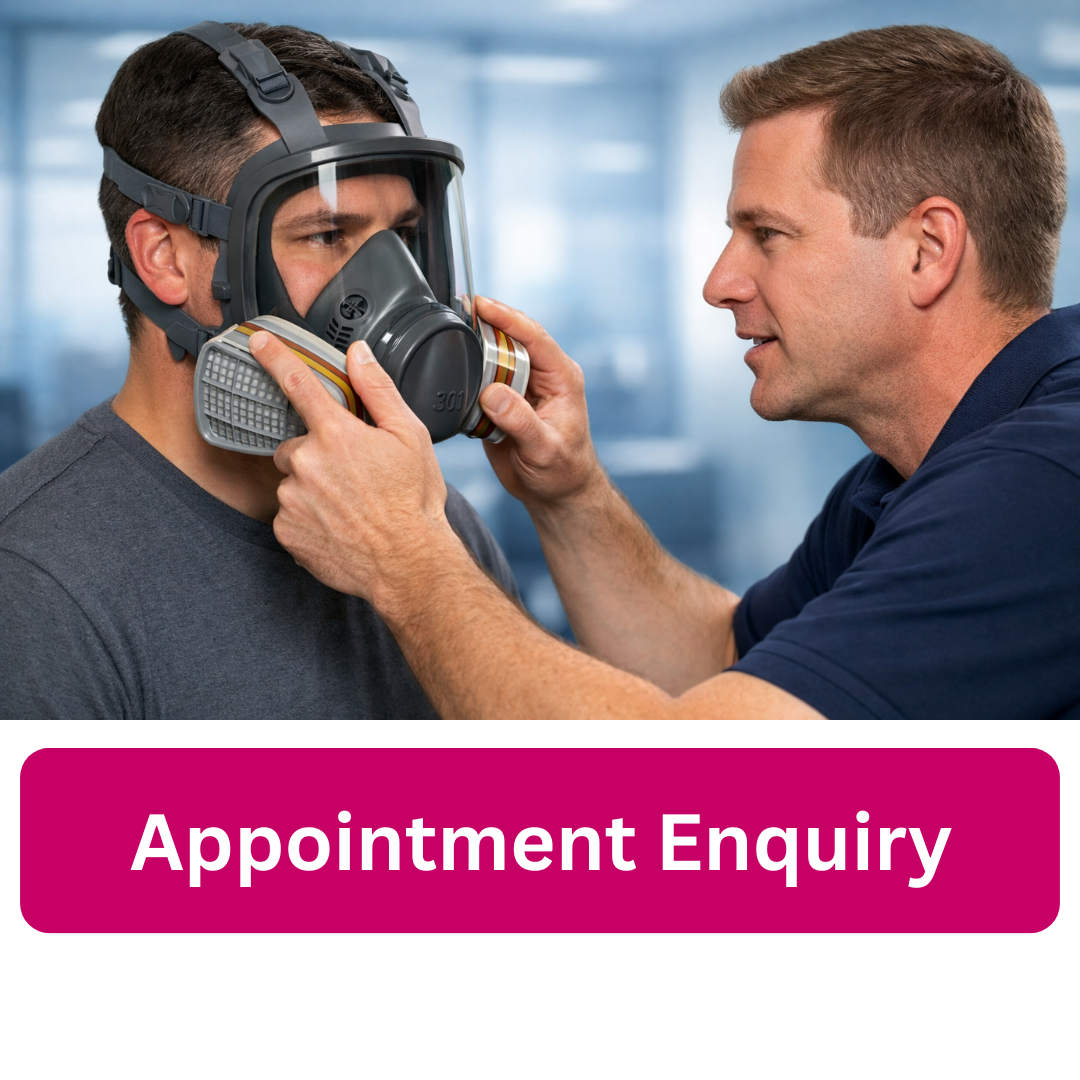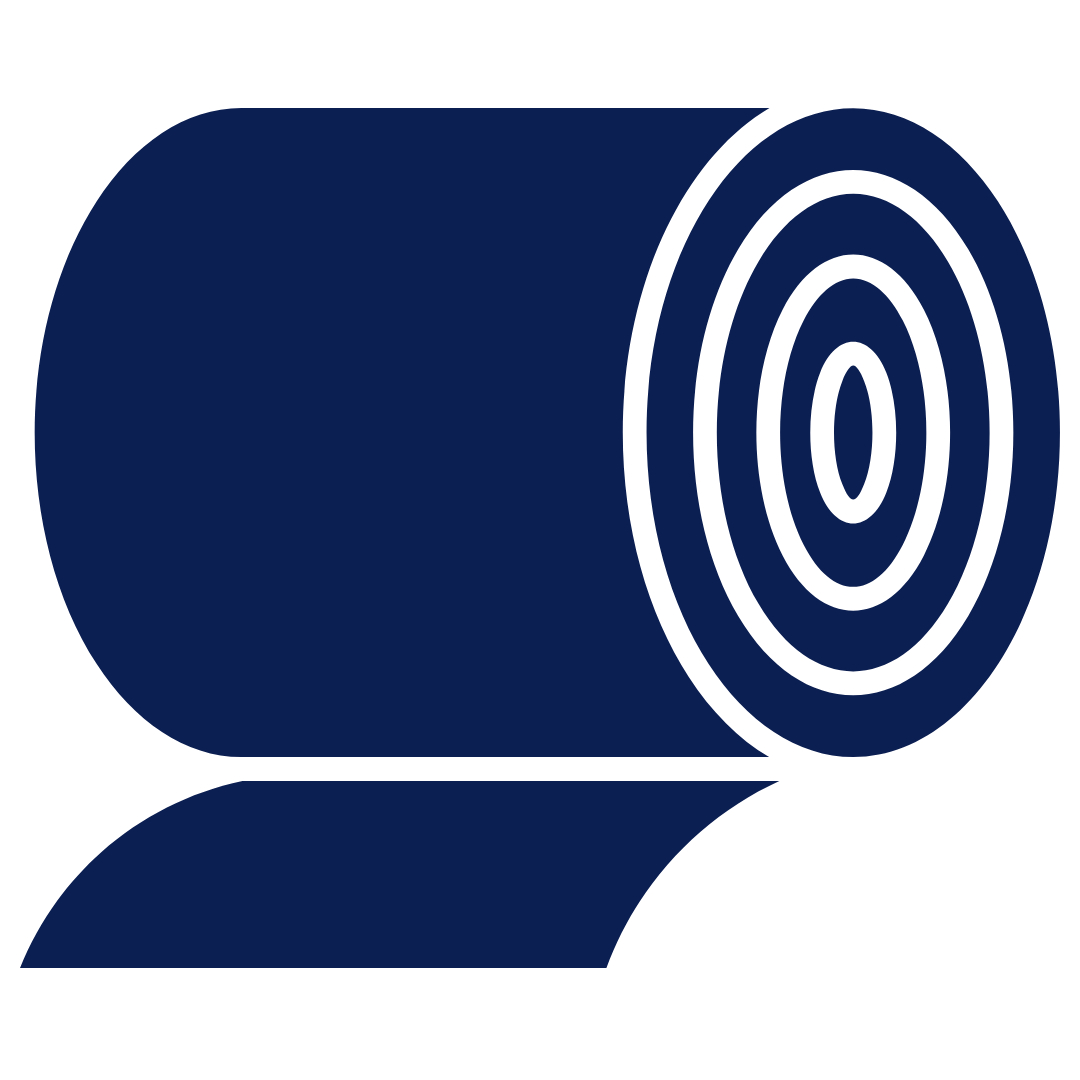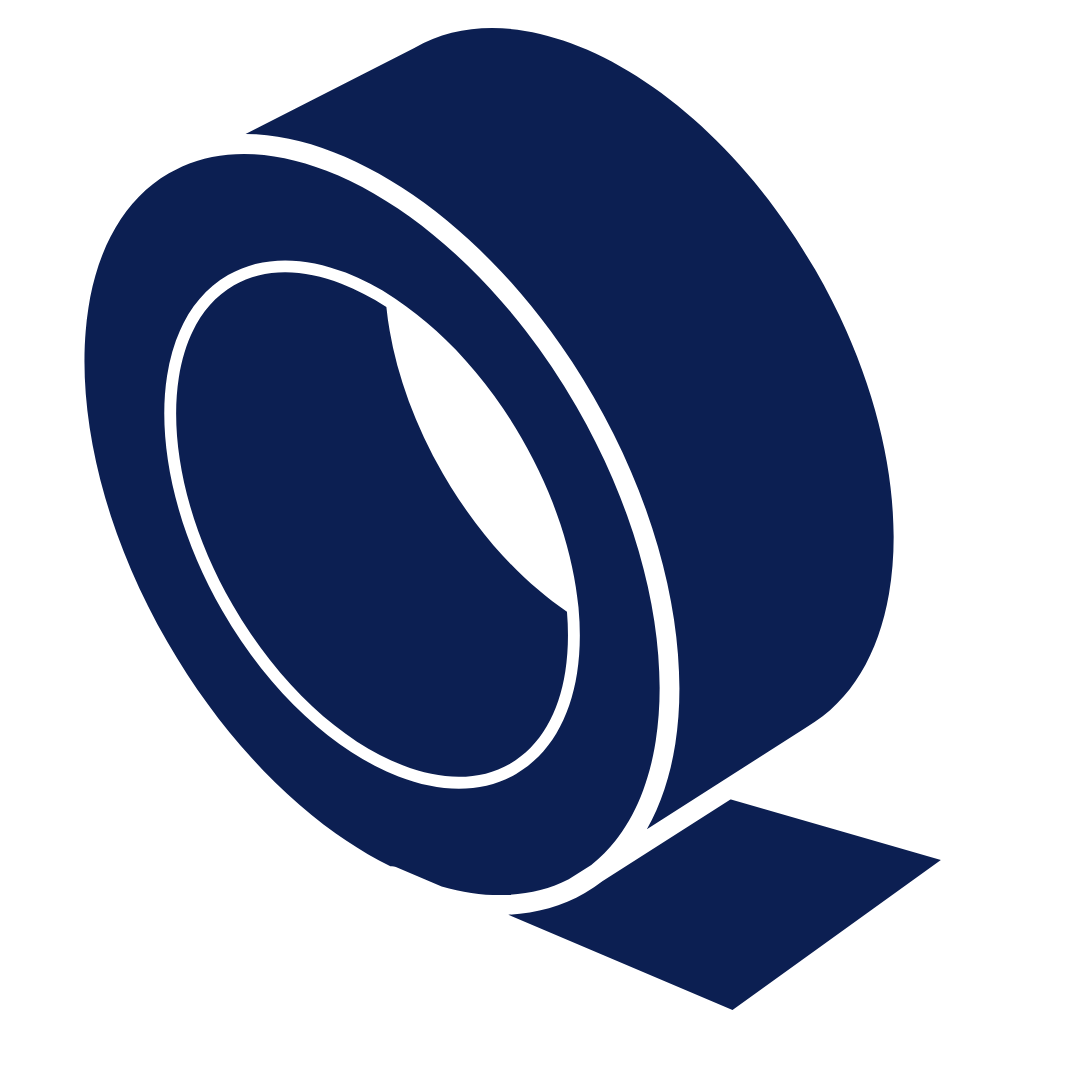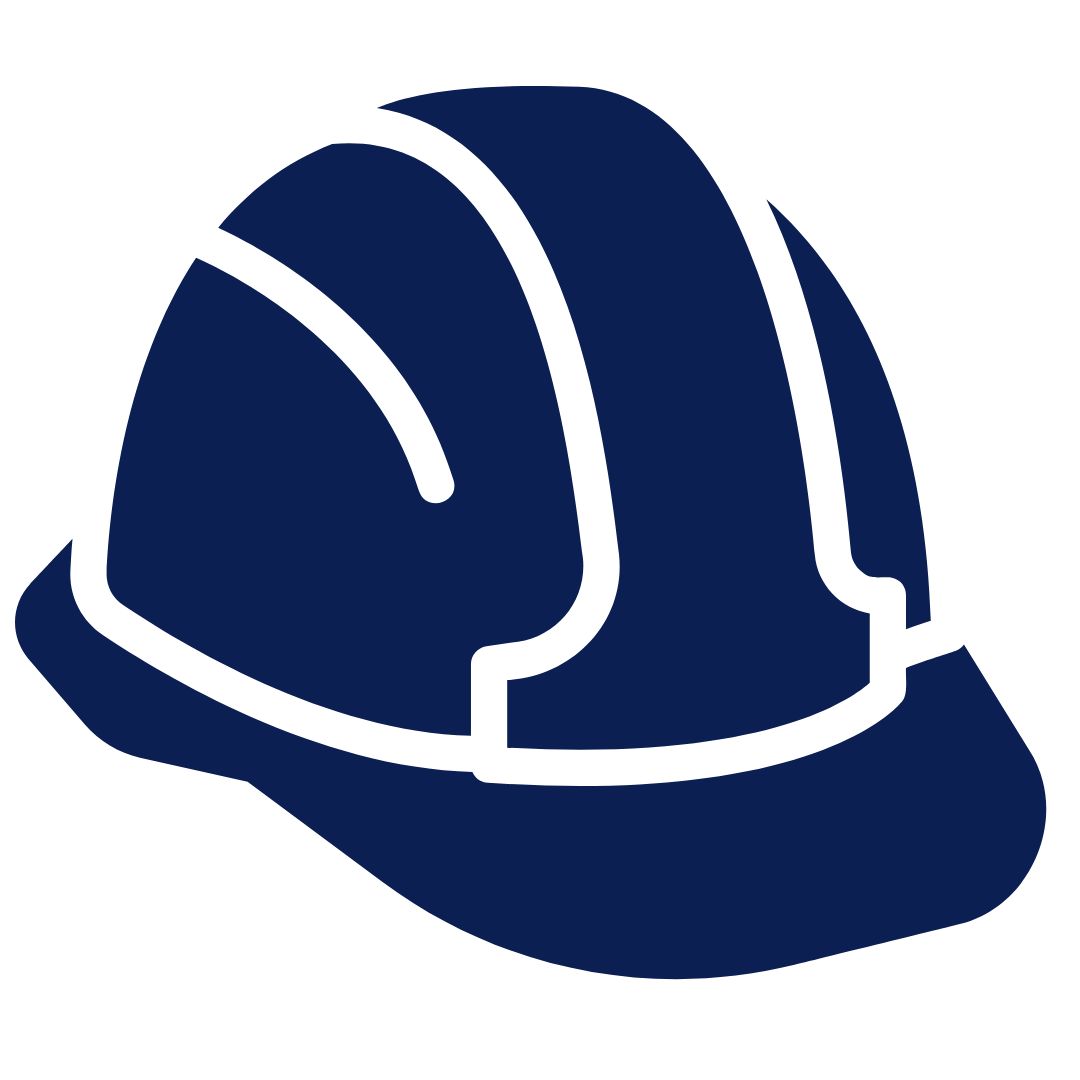13 September 2018 ABL's Guide To Respirators & Masks!
Do You Use Respirators or Masks at Work?
Know Your Responsibilities — Stay Compliant, Stay Safe
Understanding WHS Fit Test Requirements
We get it — regulations can be a headache. But the fact is, Workplace Health & Safety (WHS) inspectors are already visiting workplaces across SE Queensland, checking compliance.
Facial Hair and Respirator Effectiveness
Facial hair — whether it’s a beard, moustache, sideburns, or even stubble — can prevent your respirator from sealing properly to your face. If you wear tight-fitting respirators, being clean-shaven is essential to ensure a secure fit and effective protection.
What Inspectors Are Looking For
Inspectors will take action if businesses provide tight-fitting respirators without fit-testing, or if facial hair interferes with the seal — a serious safety and compliance issue.
Key Points to Remember
- The biggest factor reducing respirator protection is a poor fit. Many respirators require a tight seal to work correctly.
- Fit testing is now mandatory under AS/NZS1715:2009 for all tight-fitting respirator users.
- Fit testing ensures your respirator effectively protects against breathing hazards — things like beards or wrong sizes can compromise safety.
- Regular testing must be performed by a qualified professional, either in-house or external (usually every 1–2 years).
- Workers must be clean-shaven where the mask seals to the skin to guarantee protection.
How ABL Can Support You
• We supply the 3M Qualitative Fit Test Kits — check them out here.
• Need help with fit testing? We offer Quantitative Fit Testing services, either at your workplace or ours. Learn more here.










